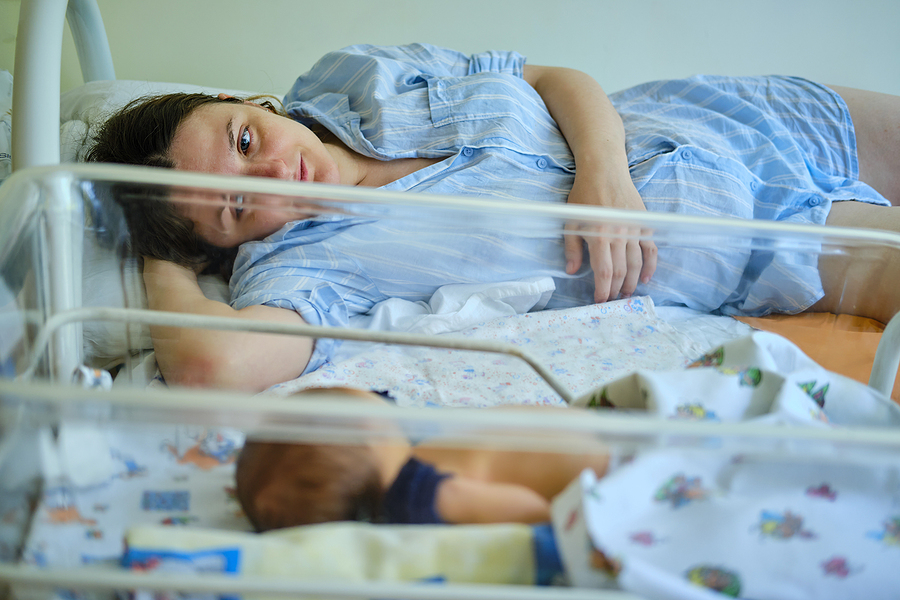
As race, age, or economic status consistently contribute to rates of gun homicide among pregnant people, another risk factor is emerging: access to reproductive care. A study published earlier this year showed that in states with restrictive abortion policies, the rate of peripartum homicide was three-quarters higher. Another published last month similarly found that states that limited divorce during pregnancy had higher rates of pregnancy-related homicide than states without such policies.
“[The results] confirmed my concern that women, especially young and Black and Hispanic women, would be endangered by laws that restrict their reproductive care access and rights,” Kaitlin Boyle, a criminologist who led the study, told The Trace via email. “Pregnancy is a vulnerable time in which partner abuse may start or escalate,” so in states where women cannot easily divorce violent partners or are prevented from seeking reproductive care, Boyle added, they are more at risk for fatal violence.
In Florida, where De’Shayla was killed, there is a six-week abortion ban. A ballot measure to protect abortion rights fell short in November’s elections, with 57 percent of Floridians voting in favor of the amendment, short of the 60 percent majority needed for it to pass. In Wisconsin, where Kuvina was shot and a temporary 20-week abortion ban is in place, Medicaid is not permitted to cover most abortion care, and the state Supreme Court is considering enforcing an abortion ban dating back to 1849.
In Georgia, where Shaniyah Rodriguez died along with her premature daughter, there is a six-week abortion ban. For her mother, though, it is not only reproductive laws that need to be called into question, but also the state’s firearm laws, which allow for concealed carry but lack background checks, secure storage, and extreme risk protection orders. These laws hit home for Rodriguez, who has now lost two of her three children to firearms. In 2014, on the eve of his 13th birthday, her son Nizzear was shot to death as he slept at his father’s house.
“When I lost my son to gun violence, it destroyed me. I lost myself,” said Rodriguez, who would lose her daughter to gun violence nine years later. “The pain of losing a child in such a traumatic way really took something out of me, and for it to happen again, I don’t know how I will be able to find myself again.”
Research has shown that in scenarios where abusers have access to a firearm, victims are five times more likely to die. Experts are beginning to explore the relationship between firearm access and perinatal deaths. Earlier this year, Wallace, the researcher from the University of Arizona, received a grant to study pregnancy violence and extreme risk protective orders (ERPOs), commonly referred to as red flag laws, which temporarily seize the firearms of a person deemed a potential threat to themselves or others.
“For a pregnant person in an abusive situation who knows that pregnancy is a risky period, maybe a solution is them filing an ERPO as opposed to a restraining order,” Wallace said. “They may not want their partner removed from the home as they prepare to have a child, but to have their firearms temporarily removed as they get through this stressful time, and hopefully with that comes resources to prevent violence in the first place.”
— Farriona Magee in When Pregnancy Makes You a Target


“Wallace said. “They may not want their partner removed from the home as they prepare to have a child, but to have their firearms temporarily removed ”
Makes perfect bad sense, take the guns but leave the abusive person in the house.
Seems if the ‘partner’ is so bad, that the pregnant woman is a fool for staying in the house or wanting the partner to remain in the house.
Wake up call, guns aren’t the only tools used to take lives.
Or, just hear me out, women can make better choices.
Just a thought.
You know lots of men could make better choices, too.
How about better choices all around? Let’s give that a shot.